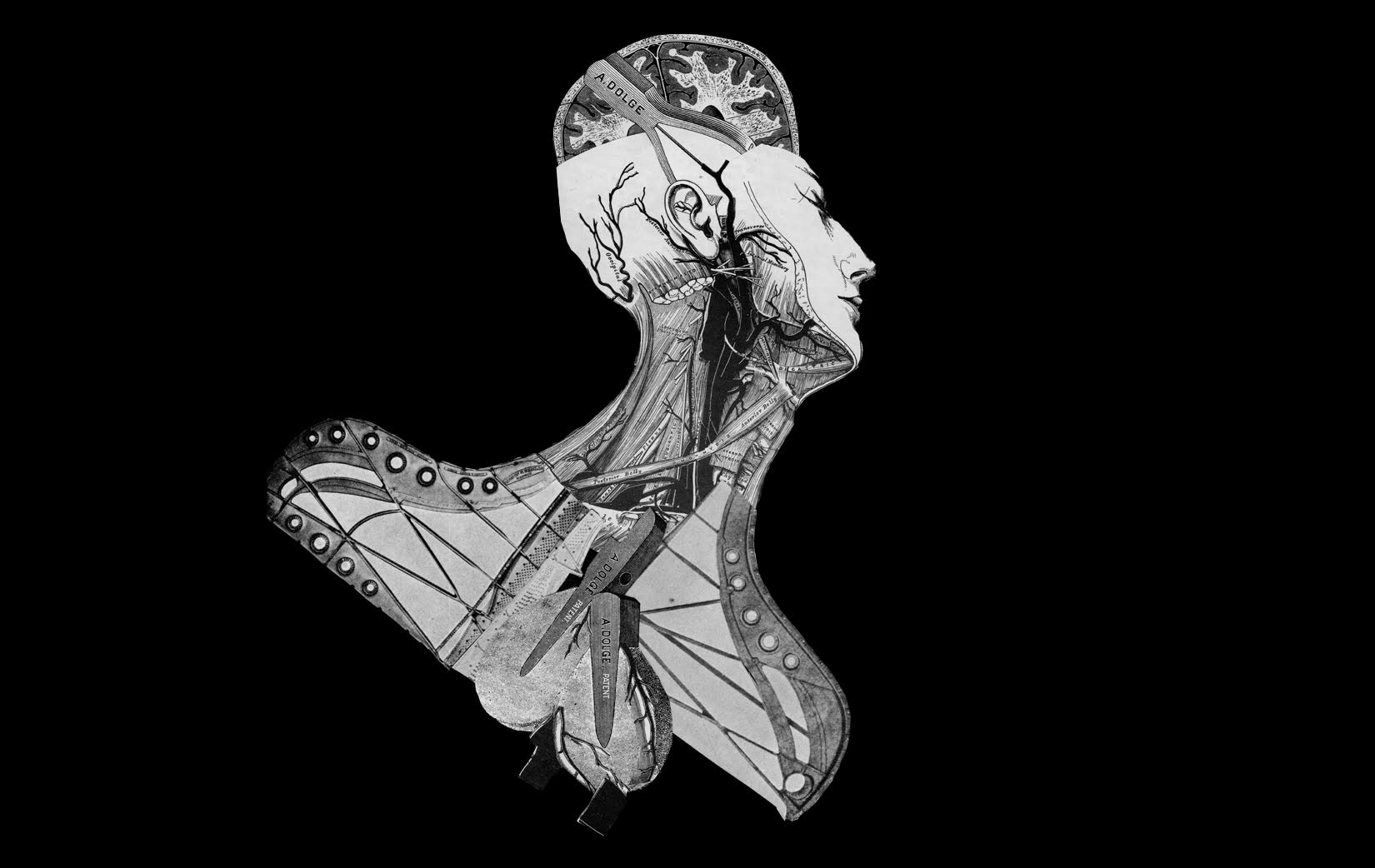Pianos in Amerika: Franz Kafka, Alfred Dolge and the Instruments of Acculturation
Jake Wilder-Smith
Comparative Literature
UC Los Angeles
“Pianos in Amerika: Franz Kafka, Alfred Dolge and the Instruments of Acculturation” explores the literary and social role of pianos in immigrant experience. Early in Kafka’s Amerika (1911-14), Karl seizes upon the piano as an instrument of acculturation and social mobility, “set[ting] great hopes on his piano playing, and sometimes unashamedly dream[ing], at least before falling asleep, of the possibility that it might exert a direct influence upon his life in America” (43). By reading Franz Kafka’s novel in conversation with the life and work of German immigrant, labor reformer, and piano maker Alfred Dolge (1848-1922), I aspire to articulate why the piano held—in modernist literature and turn-of-the-century immigrant experience—the unique possibility of “exert[ing] a direct influence” upon the lives of immigrants in America and why it ultimately failed as an instrument of acculturation, in Karl’s fall from grace in Amerika and the collapse of Dolge’s socialist model for labor reform and the empowerment of American immigrants in Dolgeville. On-site research at the Dolgeville-Manheim Historical Society will allow me to better tell the story of Dolge, who, like Karl in Amerika, traveled to the U.S. in the steerage of a steamboat and viewed the piano as a means of social acculturation.

